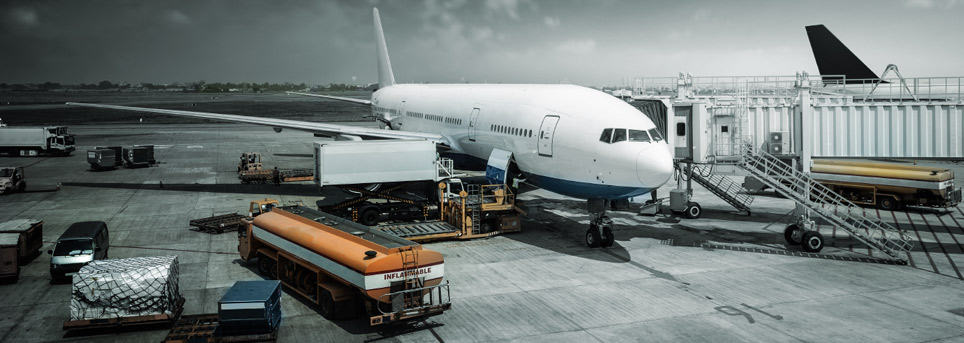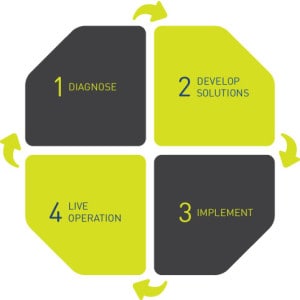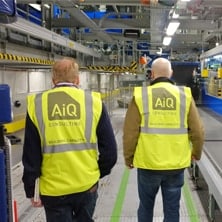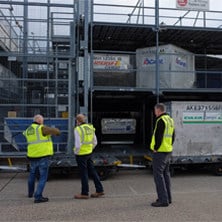Following a lot of hard work by all involved, Heathrow’s new Terminal 2 opens this week.
Described as an extraordinary new space in its own right, it has been “designed from the outset with the needs of the individual passenger at its heart and with sustainability as a guiding principle.” (www.heathrowairport.com)
Moving partner airlines closer together to improve flight connections and passenger experience was central to the vision behind this amazing new terminal, and AiQ were part of the team to make that happen.
We were awarded the contract for Terminal 2 MUP Planning in February, as part of our work for MACE. This involved creating live allocation plans for the make up for Terminal 2 in preparation for the opening. Revised schedules, airlines moving from T3 to T2, and ground handler contract changes, all added to the challenging conditions. Requirement to use the older T1 baggage systems to service the new T2 baggage systems, constraining makeup resources, was also a key concern.
Our expert knowledge of airport operations, capacity planning and stakeholder management ensured that the project was completed and extremely successful.
We coordinated with the ground handlers and all operational elements, including the Aviation Business Continuity Consultancy who ran and managed the actual trails. We also worked with the Baggage Handling Systems department of Babcock International, Menzies Aviation and United Airlines handling.
As well as designing and co-ordinating the project in the run up to the opening of the new Terminal, we were also present on the day of the trails, which were very successful.
We were honoured to be part of such a ground-breaking vision of airport capacity and efficiency, and look forward to more projects with Heathrow in the months and years to come.
To find out more about our work with Heathrow, read our case studies or contact us today.






